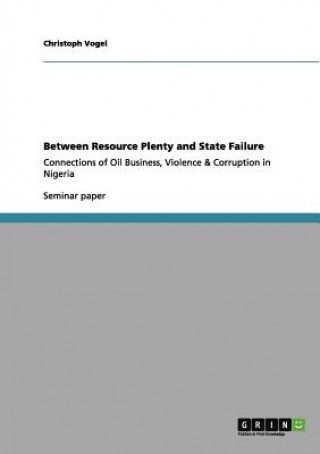
Kód: 05282700
Between Resource Plenty and State Failure
Autor Christoph Vogel
Seminar paper from the year 2009 in the subject Politics - International Politics - Region: Africa, grade: 2,0, University of Cologne (Institut für Afrikanistik), course: Konfliktherd Nigeria, language: English, abstract: Mineral ... celý popis
- Jazyk:
 Angličtina
Angličtina - Vazba: Brožovaná
- Počet stran: 88
Nakladatelství: Grin Publishing, 2011
- Více informací o knize

Mohlo by se vám také líbit
-
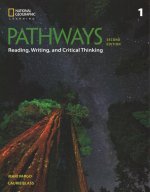
Pathways: Reading, Writing, and Critical Thinking 1: Student Book/Online Workbook
1485 Kč -

Swimming at Night
421 Kč -

Computer Aided Verification
1681 Kč -

Importing the First Amendment
5756 Kč -
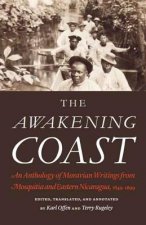
Awakening Coast
2275 Kč -
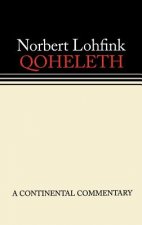
Qoheleth
1270 Kč -

Nierenerkrankungen und -verletzungen, 1 CD-ROM
1064 Kč
Dárkový poukaz: Radost zaručena
- Darujte poukaz v libovolné hodnotě a my se postaráme o zbytek.
- Poukaz se vztahuje na celou naši nabídku.
- Elektronický poukaz vytisknete z e-mailu a můžete ihned darovat.
- Platnost poukazu je 12 měsíců od data vystavení.
Více informací o knize Between Resource Plenty and State Failure
Nákupem získáte 122 bodů
 Anotace knihy
Anotace knihy
Seminar paper from the year 2009 in the subject Politics - International Politics - Region: Africa, grade: 2,0, University of Cologne (Institut für Afrikanistik), course: Konfliktherd Nigeria, language: English, abstract: Mineral wealth and concomitant phenomena of violence state weakness and corruptionhave been widely brought into contact by numerous scholars, as a considerable numberof empirical cases seem to give evidence to this. Particularly in Sub-Saharan Africa theexamples of Sierra Leone, Nigeria, Democratic Republic of Congo and Angola just tomention some of the most striking ones led to various hypotheses about the influence ofresource plenty on governance issues. Due to several specific characteristics, the case ofNigeria is different to many others. First of all, the Federal Republic of Nigeria turned outto be Africa s most populous state with about 140 million citizens. In addition the socialsituation is rather unique, as Nigeria consists of more than 250 ethnic groups. The morethan 500 spoken languages spoken in the country further illustrate the socio-culturaldiversity. Nevertheless the three major communities include more than two thirds of thecountry s total population.On the socio-economic dimension a key feature is the overwhelming importance ofoil as almost single export good and major contributor of the country s GDP. The strong dependence on oil has been challenging Nigeria s economyconsiderably and can be seen as a major reason for socio-economic disparities throughoutthe country, not to forget that it has been the origin for its (political) Dutch disease .Contrarily to other so-called crisis-states the main issues threatening statehood andstability in Nigeria can be rather seen as domestic problems. Transnational issues like therelations with Cameroon do not have the same structuring quality as in other states.Although Nigeria improved in TI's CPI of 2008 the country still faces institutionalized clientelism andrent-seeking at almost each political and social level as poor performance in group grievance , delegitimization of the state or factionalized elites may illustrate. Secondlymanifold forms of institutional and informal violence are destabilizing the socio-politicalarchitecture. Various attempts to counter those phenomena have been ineffective orimplemented insufficiently, sometimes not at all. The result is a current situation ofdisorder, human insecurity, economic inequality fed by a prosperous environment forindividual enrichment provided by a state which is rather effective in facilitating illicitpolitical and economic behaviours, be they plundering of public goods, drug or weapontrade or other.
 Parametry knihy
Parametry knihy
Zařazení knihy Knihy v angličtině Society & social sciences Politics & government
1217 Kč
- Plný název: Between Resource Plenty and State Failure
- Podnázev: Connections of Oil Business, Violence & Corruption in Nigeria
- Autor: Christoph Vogel
- Jazyk:
 Angličtina
Angličtina - Vazba: Brožovaná
- Počet stran: 88
- EAN: 9783656047216
- ISBN: 3656047219
- ID: 05282700
- Nakladatelství: Grin Publishing
- Hmotnost: 127 g
- Rozměry: 210 × 148 × 5 mm
- Datum vydání: 11. November 2011
Oblíbené z jiného soudku
-

Case Against the Sexual Revolution
392 Kč -

Wretched of the Earth
276 Kč -

The Trigger
586 Kč -
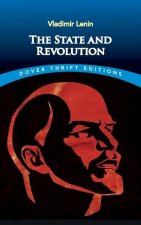
State and Revolution
117 Kč -

Accidental Superpower
455 Kč -

My Autobiography
306 Kč -

Fight Like A Girl
276 Kč -
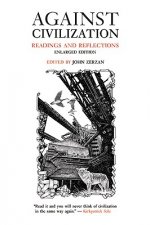
Against Civilization
389 Kč -
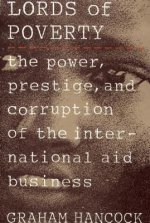
The Lords of Poverty: The Power, Prestige, and Corruption of the International Aid Business
324 Kč -

Politics
1301 Kč -

Cold and the Dark
482 Kč -

Voices from the Contemporary Japanese Feminist Movement
1343 Kč -
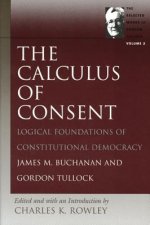
Calculus of Consent
403 Kč -

Mafia Monograph, Part 1 of 4
532 Kč -
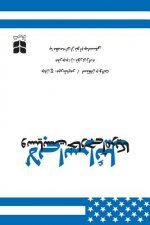
Israel Lobby and U. S. Foreign Policy
710 Kč -

Harm Reduction or Harm Maintenance
781 Kč -
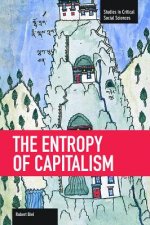
Entropy Of Capitalism
1124 Kč -

Red Petrograd
567 Kč -

Troubled Constitutional Future
708 Kč -
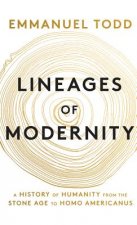
Lineages of Modernity - A History of Humanity from the Stone Age to Homo Americanus
1098 Kč -

Inventing Vietnam
801 Kč -
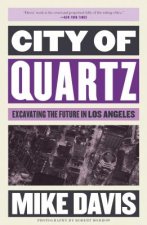
City of Quartz
395 Kč -

Flash Boys - A Wall Street Revolt
258 Kč -
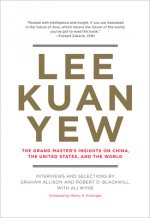
Lee Kuan Yew
501 Kč -
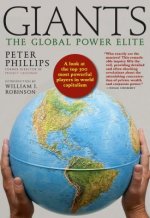
Giants
494 Kč -

Children of the Matrix
454 Kč -

Queer Encounters with Communist Power
611 Kč -
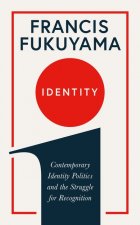
Identity
316 Kč -
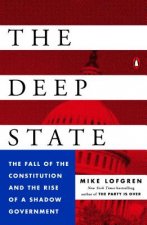
Deep State
386 Kč -
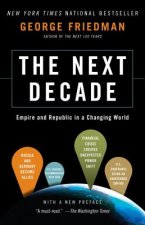
Next Decade
437 Kč -
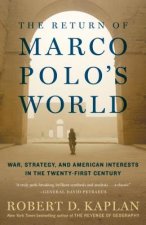
Return of Marco Polo's World
399 Kč -
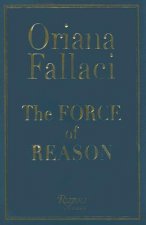
Force of Reason
493 Kč -

STRANGE DEATH OF EUROPE
473 Kč -

Political Science For Dummies
447 Kč -

Yoga of Eating
287 Kč -
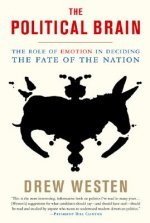
Political Brain
357 Kč -

GREEN BOOK
196 Kč -
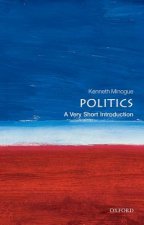
Politics: A Very Short Introduction
249 Kč -

Out of the Wreckage
482 Kč -

No Turning Back
303 Kč -

Urban Warfare in the Twenty-First Century
673 Kč -

Trade Marketing, Category Management, and Shopper Marketing
2257 Kč -

Spirit of the Laws
598 Kč -

USAF Military Working Dog Program - Scholar's Choice Edition
725 Kč -
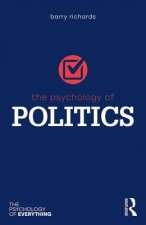
Psychology of Politics
555 Kč -
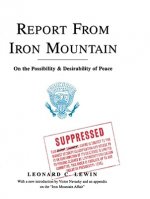
Report From Iron Mountain
366 Kč -

Lies My Teacher Told Me
559 Kč -

Liberalism and Its Critics
854 Kč -

Scramble for Europe, Young Africa on its way to the Old Continent
446 Kč
Osobní odběr Praha, Brno a 12903 dalších
Copyright ©2008-24 nejlevnejsi-knihy.cz Všechna práva vyhrazenaSoukromíCookies



 Vrácení do měsíce
Vrácení do měsíce 571 999 099 (8-15.30h)
571 999 099 (8-15.30h)